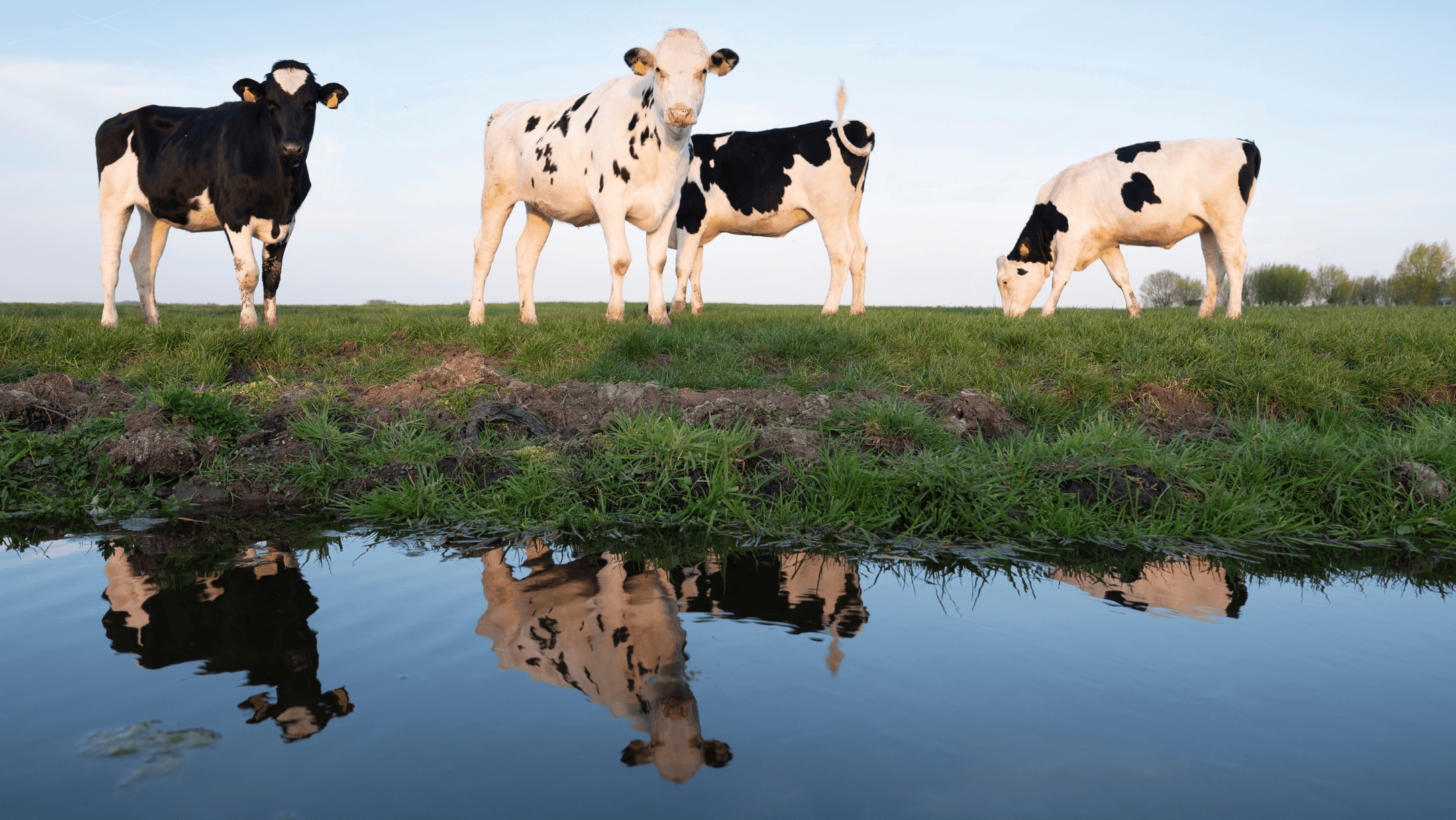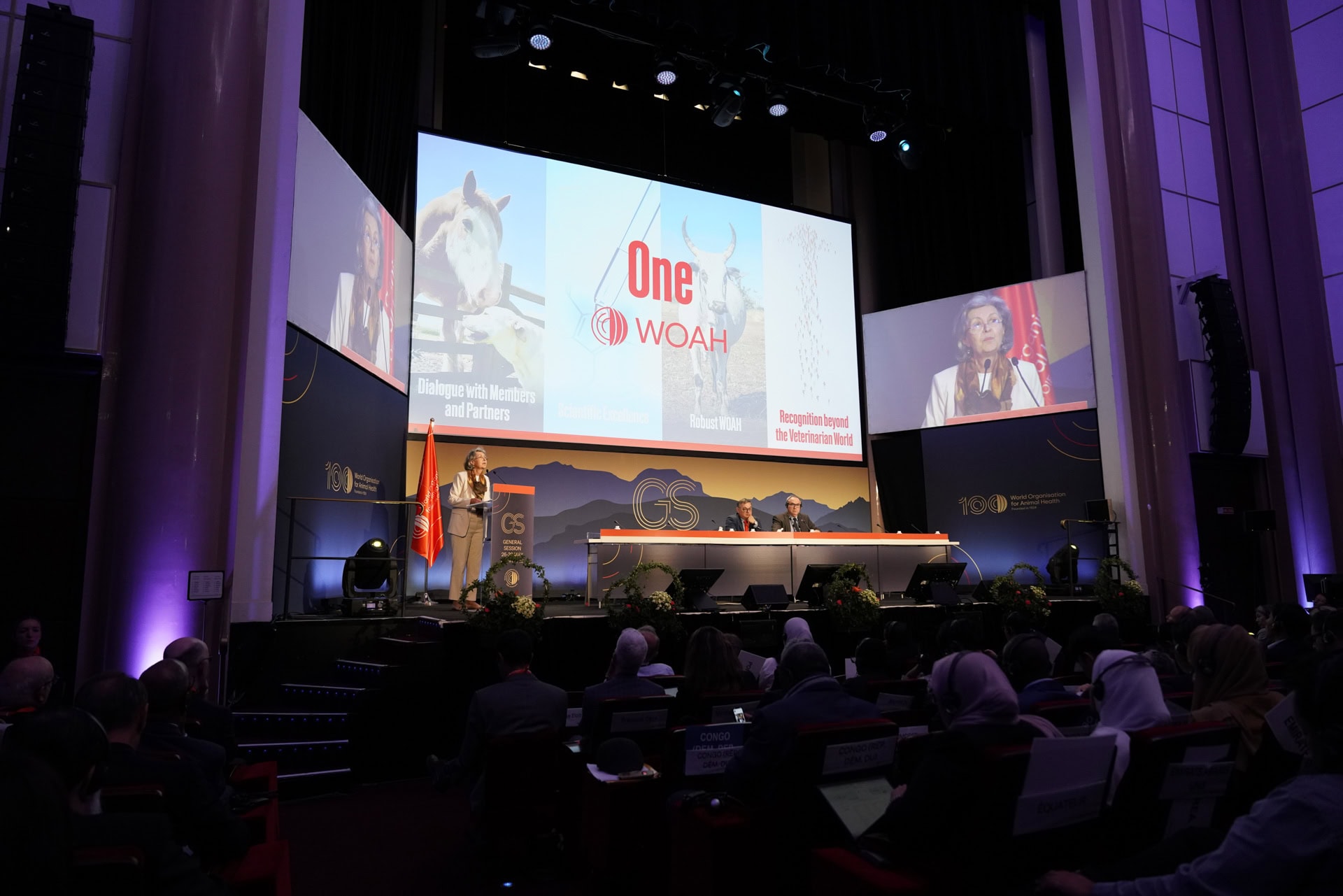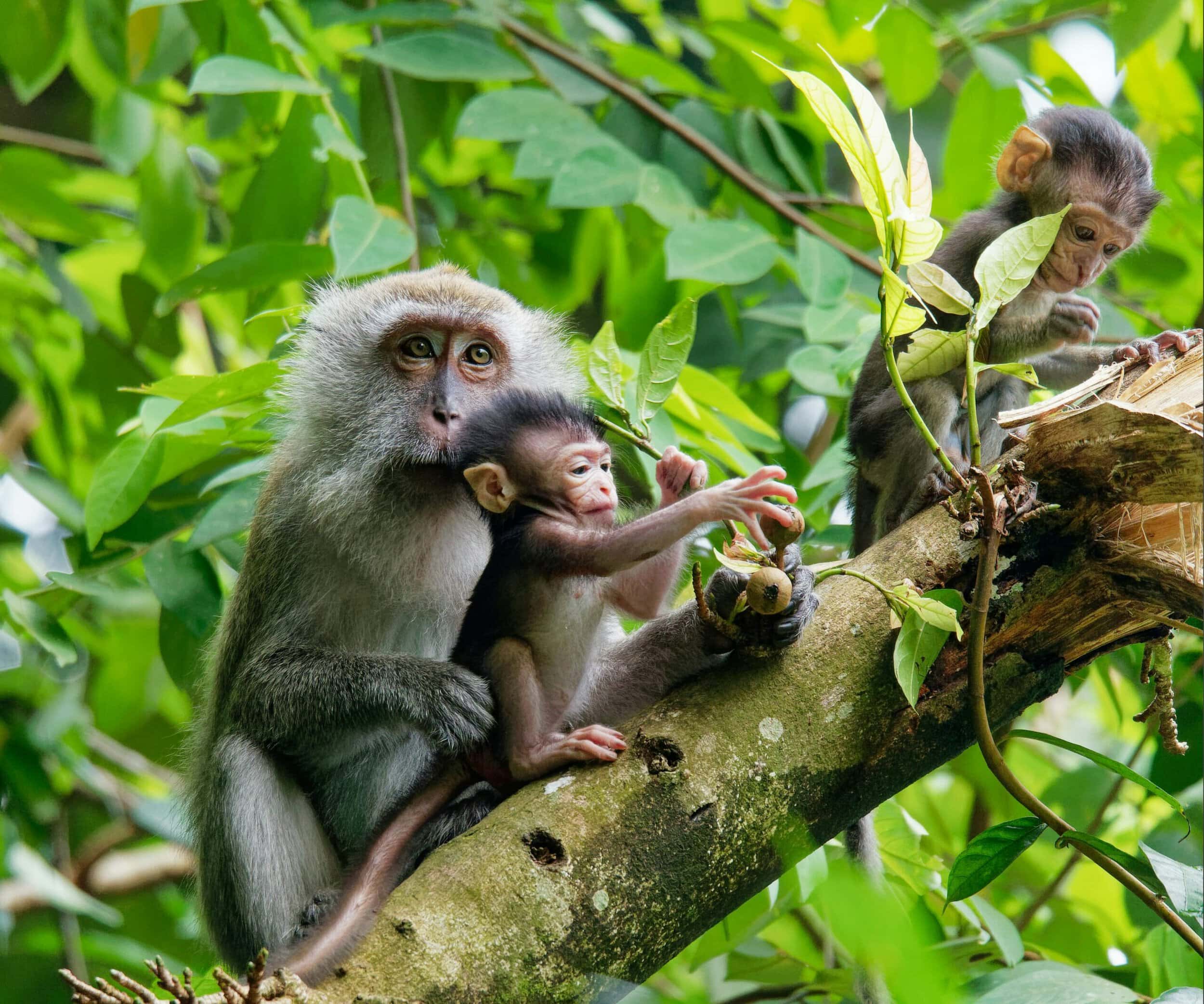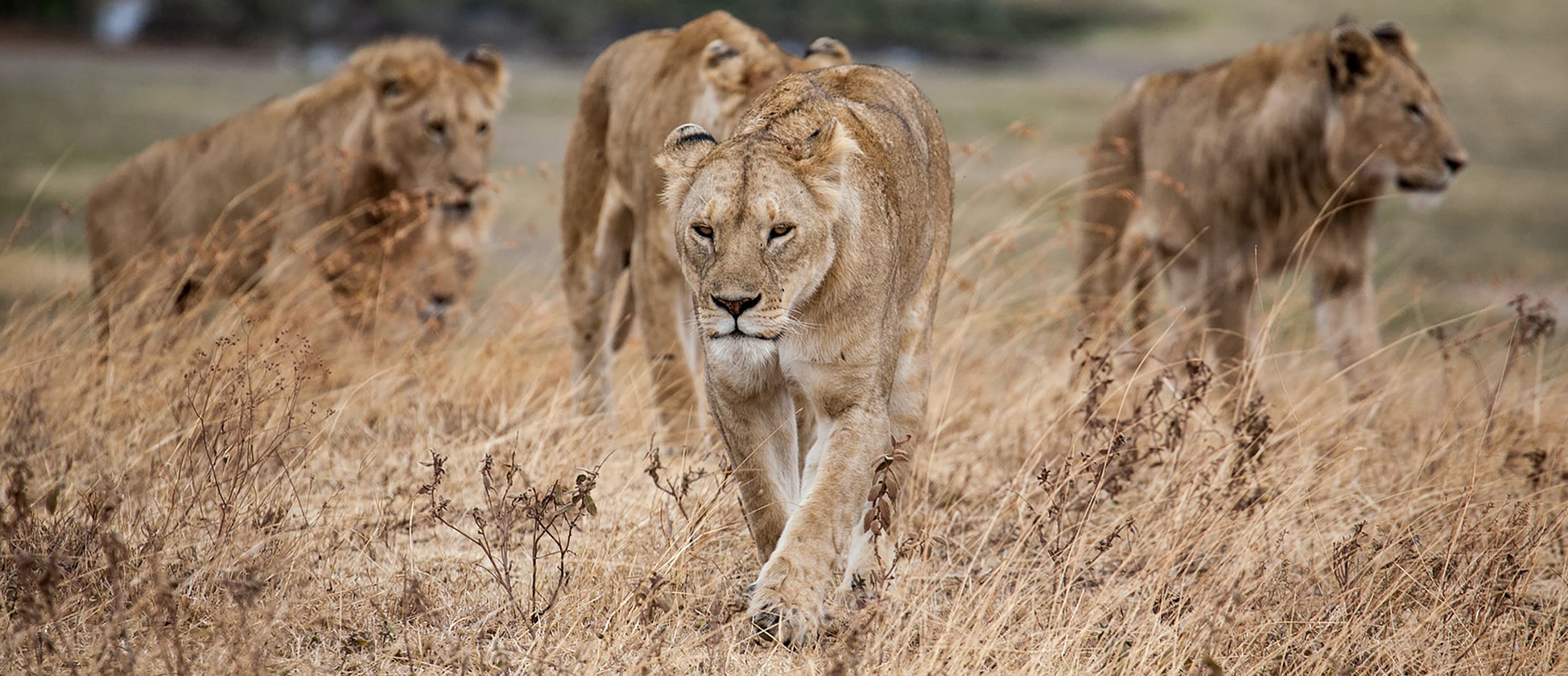Animals are often overlooked in discussions at the UN level, but with the origins of COVID-19 bringing the linkage between human, animal and environmental health to the forefront, animals have suddenly become a diplomatic issue at the UN.
Many bodies develop inputs each year in preparation for the annual review at UN Headquarters on the progress made on the implementation of the Sustainable Development Goals. The annual review is called the High Level Political Forum (HLPF), and the inputs are created by national governments, regional commissions of the UN, civil society, and other organs or programmes of the UN.
One of these inputs on the SDGs was recently prepared by the UN Environment Assembly (UNEA). This input is a document that is negotiated each year by Member States through meetings of the Committee of Permanent Representatives (CPR).
WFA was excited to see the first draft of the text, which included positive language on animals, stating that “The current COVID-19 pandemic is also a reminder of the intimate relationship among humans, animals, and the environment.” WFA appreciated this language because it was wide enough to include relationships that fall under the umbrella of One Health, but also One Welfare, which we believe is a more appropriate lens through which to examine animals and linkages with the SDGs. This language was also in line with the conclusions of UNEP’s own report released in July 2020, Preventing the Next Pandemic, which heavily emphasized the One Health approach and the linkages between humans, animals and the environment, as well as other reports such as IPBES’ report on pandemics which was also released later in 2020. We submitted a positive written statement supporting this language to UNEA and made a statement to this effect during the CPR meeting on 4 March.
Unfortunately, this language was short-lived. Comments submitted by China requested that animals be removed completely from the sentence. The rationale China gave for this was “As we know, identifying of the origin of the COVID-19 is the mandate of WHO and that is ongoing right now. It has not been finalized. So In our opinion, from UNEP side should not prejudge the origin of the epidemic. China suggest that delete the word “animals”, and delete the next whole sentence and replace with “It highlight importance of being in harmonious between humans and the environment.”
The final draft of the input did indeed strike animals from the document and WFA submitted comments expressing our disappointment with this decision. The decision of UNEP to acquiesce to this request is especially dismaying because it runs counter to the findings of its own science-based reports.
The removal of animals from a document such as this, especially given that it is not a document of significant importance, signals the potential for future disputes over the inclusion of animals in the context of COVID-19 in other fora.
It is worth highlighting that on 23 March, the Human Rights Council passed a resolution on the “Promotion and protection of all human rights, civil, political, economic, social and cultural rights, including the right to development.” This resolution noted the “launch of the One Health High-Level Expert Council in November 2020 by the World Health Organization, the Food and Agriculture Organization of the United Nations, the World Organization for Animal Health and the United Nations Environment Programme to collect, distribute and publicize reliable scientific information on the links between human, animal and environmental health in order to assist public officials in making appropriate decisions to address future crises and to inform citizens.” The resolution also calls on the Special Rapporteur on Human Rights and the Environment “To convene, prior to the fifty-second session of the Human Rights Council, an expert seminar on the role of human rights and environmental conservation in the prevention of future pandemics,” which WFA will monitor.
It should also be noted that the report from the World Health Organization team referenced in China’s comment has now been made available, despite skepticism from much of the international community. While it lacks firm conclusions, it does indicate that future research will include an analysis of trade and history of trade in animals and products in markets that were linked to early outbreaks of COVID-19, livestock farms where animals that can be infected by COVID-19 are raised, and continued surveys of fur farms. Media interviews by Peter Daszak of EcoHealth Alliance who accompanied the WHO team indicated that farms that supplied wild animals for food, which were closed by China in February 2020, could hold the key to how the virus traveled from bats to humans. While much remains unclear, the linkage between humans and animals remains a major factor that must be addressed by global institutions, particularly in light of the many zoonotic disease outbreaks which have preceded COVID-19.
We encourage members and animal protection organizations to contact their relevant permanent representatives at UN Environment, and remind them of UNEP’s obligations as a member of the One Health High-Level Expert Council and express concern that animals were removed from the final input of UNEA to the HLPF.





